6 Feb 2018
Retained specialists key to good health | Border Watch
Raquel Mustillo | Border Watch
Wade outlines $20m Liberal country investment for medical professionals
RECRUITING and retaining resident specialists was the topic of discussion at last week’s Liberal Party health forum.
Federal Senator David Fawcett, Shadow Health Minister Stephen Wade and Mount Gambier general surgeon Associate Professor Matthias Wichmann addressed a crowd of around 40 at the Main Corner on Thursday night.
Among the audience members were Member for Barker Tony Pasin, Legislative Council member Andrew McLachlan and recently elected Mount Gambier and Districts Health Advisory Council presiding member Maureen Klintburg.
Mr Wade outlined the Liberals’ proposed $20m country health investment to help communities fill skill gaps and attract specialists to regional South Australia.
“There has been a fundamental generational change and the years of country health practice being taken on by solo GPs is becoming less and less accepted,” he said.
“There are more rural GPs, but with that there are changes in work practice.
“A significant challenge is the ability to train nurses and midwives.
“We are the only state in Australia that does not have a rural training pathway.
“Under our policy, regional areas will benefit from not only recruitment and retention of specialists, but also training opportunities for current staff and interns.”
Mr Wade fired shots at the Weatherill Government, claiming country hospitals had been “drained of resources” over the past decade.
“The Labor Party in South Australia has had a long-term plan to wind back country health,” he said.
“Premier Weatherill recently said he does not get many votes in the country.
“He does not feel compelled to act there.
“The Weatherill Government spent $900m for hospital capital works, but not a single cent was for country hospitals.
“They are now pledging $140m over a decade to clear the backlog of capital works in country hospitals it took them a decade to create.”
Senator Fawcett said the State Liberal plan to fill the country health skill shortage was essential in ensuring the survivability of regional health services.
He supported the move to boost training in regional areas, as well as doubling the number of medical interns in country South Australia.
“All training occurs in Adelaide at the moment,” he said.
“When you get people doing post-university training or medical training in your area, the chance of them remaining in that area is quite high.
“If you do not have the workforce, the infrastructure is useless.”
Associate Professor Wichmann said the community had faced continual challenges to recruit and retain resident specialists due to doctors being reluctant to relocate to rural areas and local doctors being overworked.
“Physicans come and then they have left because it was just too much work for them,” he said.
“They need support.”

